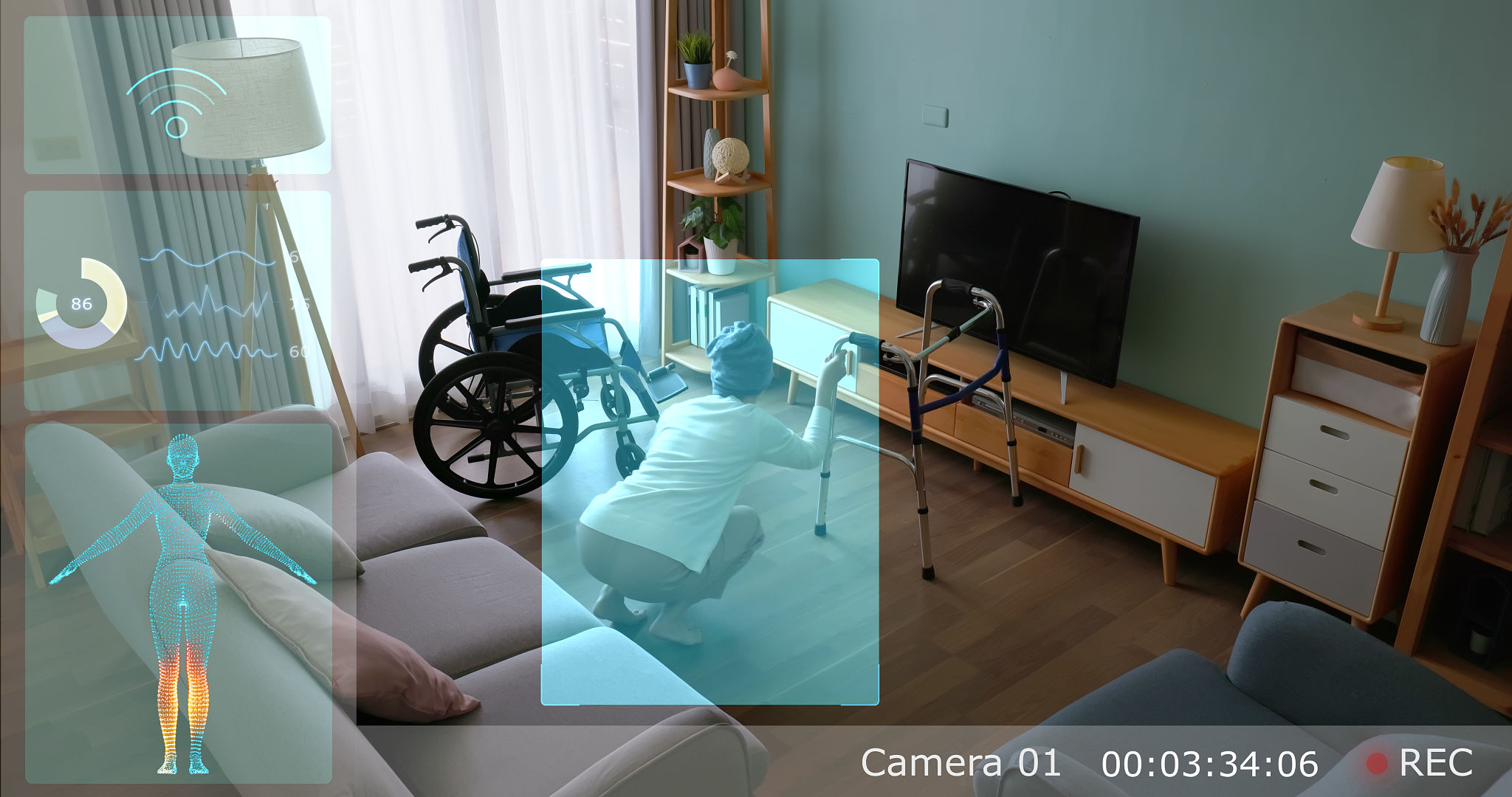Debunking Common Myths About AI in Healthcare
Introduction to AI in Healthcare
Artificial Intelligence (AI) is revolutionizing various industries, and healthcare is no exception. Despite its growing presence, there are numerous myths surrounding AI's role and capabilities in the medical field. This blog post aims to debunk some of these common misconceptions, providing a clearer understanding of how AI is truly impacting healthcare.

Myth 1: AI Will Replace Doctors
One of the most pervasive myths is that AI will completely replace doctors and healthcare professionals. In reality, AI is designed to augment and enhance medical professionals' capabilities rather than replace them. By assisting with data analysis, predictive diagnostics, and personalized treatment plans, AI allows doctors to focus more on patient care and decision-making.
AI systems can process vast amounts of data quickly and accurately, but they lack the human touch and empathy essential in healthcare. The goal is to create a synergy between AI and healthcare providers, improving overall patient outcomes.
Myth 2: AI in Healthcare Is Infallible
Another common misconception is that AI systems are infallible and always provide accurate results. While AI technologies boast impressive accuracy, they are not without faults. AI algorithms are only as good as the data they are trained on, which means they can inherit any biases present in the dataset.

Moreover, AI systems require continuous updates and validation to maintain their efficacy. Human oversight is crucial to ensure that AI tools are used appropriately and that any potential errors are promptly addressed. Thus, while AI can significantly aid in diagnostics and treatment planning, it should always be used as a supplementary tool.
Myth 3: AI Compromises Patient Privacy
There is a widespread belief that AI applications in healthcare compromise patient privacy. However, AI technologies are developed with stringent data protection measures. Advanced encryption techniques ensure that patient data remains secure and confidential.
Furthermore, regulations such as the Health Insurance Portability and Accountability Act (HIPAA) in the United States enforce strict guidelines on handling patient information. These regulations ensure that any use of AI in healthcare adheres to high standards of privacy and security.

Myth 4: AI Is Too Expensive for Widespread Use
Many assume that implementing AI technologies in healthcare is prohibitively expensive and thus not feasible for widespread use. While initial investments can be significant, the long-term benefits often outweigh the costs. AI can streamline operations, reduce errors, and improve efficiency, ultimately saving money for healthcare providers.
Additionally, as technology advances and becomes more accessible, the costs associated with AI implementation are expected to decrease. Many healthcare institutions have already started integrating AI into various aspects of their operations, proving that cost is not an insurmountable barrier.
The Future of AI in Healthcare
The future of AI in healthcare is promising, with continuous advancements poised to further transform the industry. As more accurate algorithms and better data management practices emerge, AI will continue to play a pivotal role in improving patient care and operational efficiency.
By addressing these myths and understanding the real capabilities of AI, healthcare providers can better integrate these technologies into their practices, ultimately enhancing the quality of care they provide to patients.